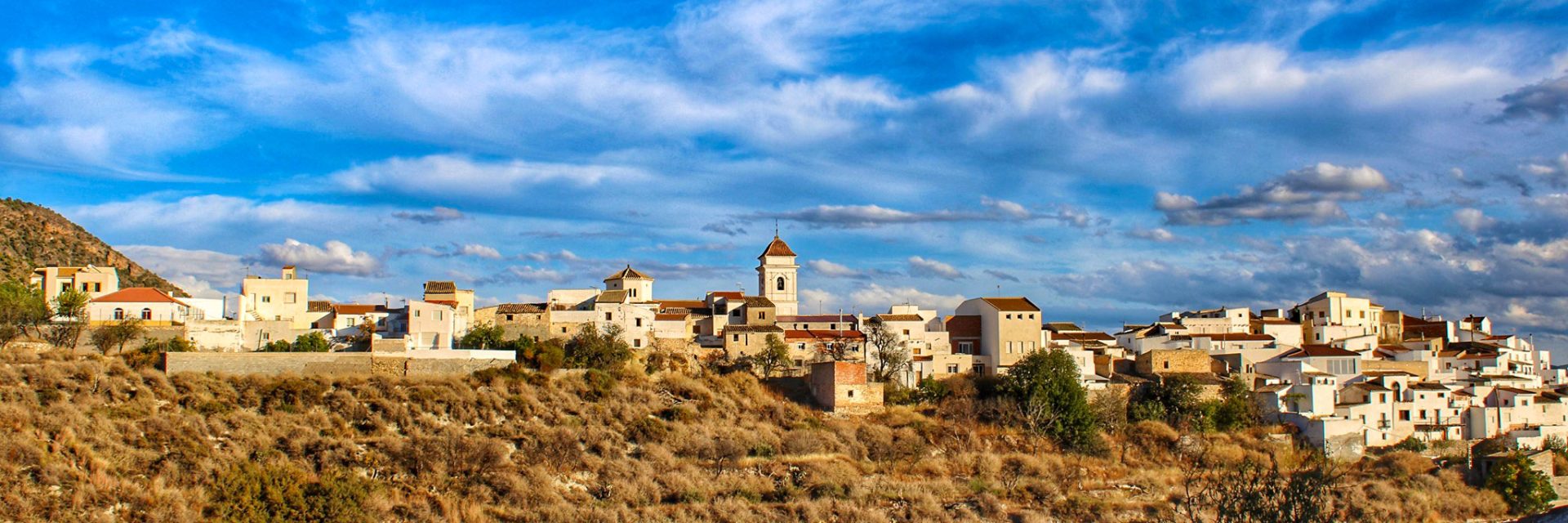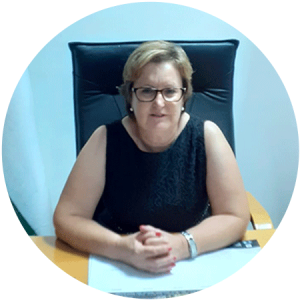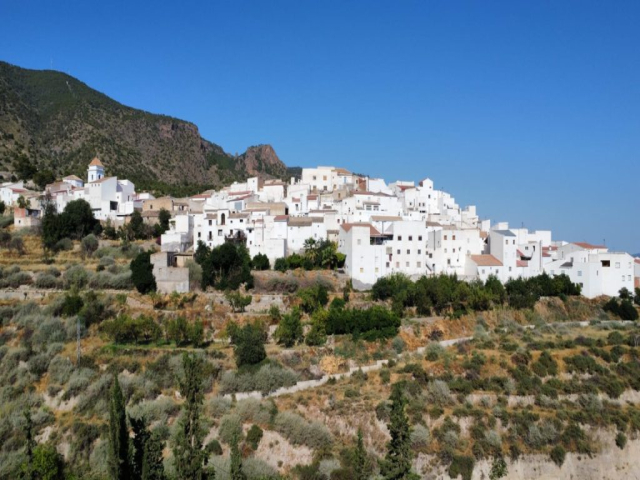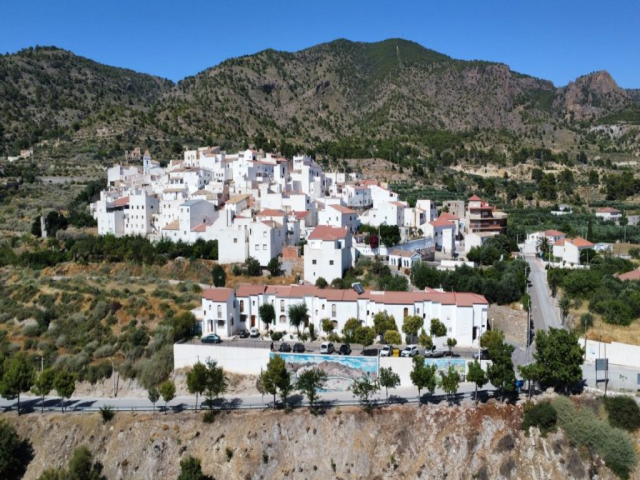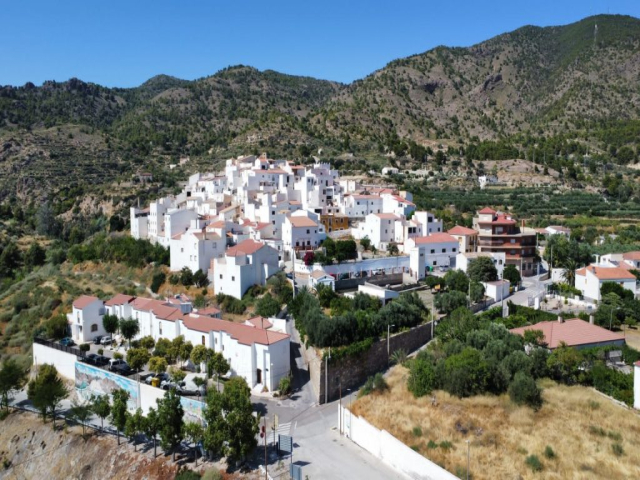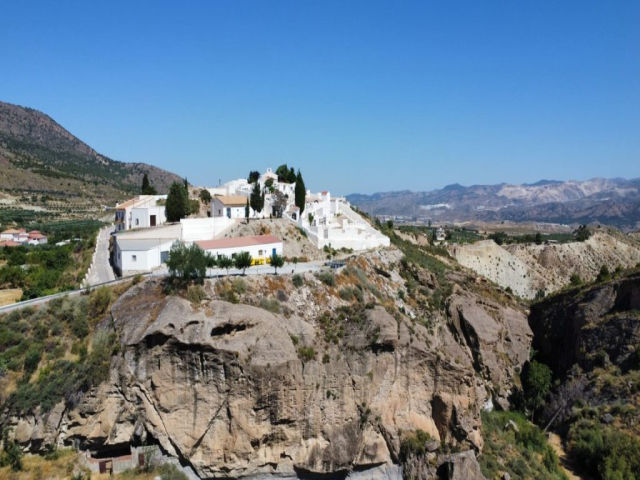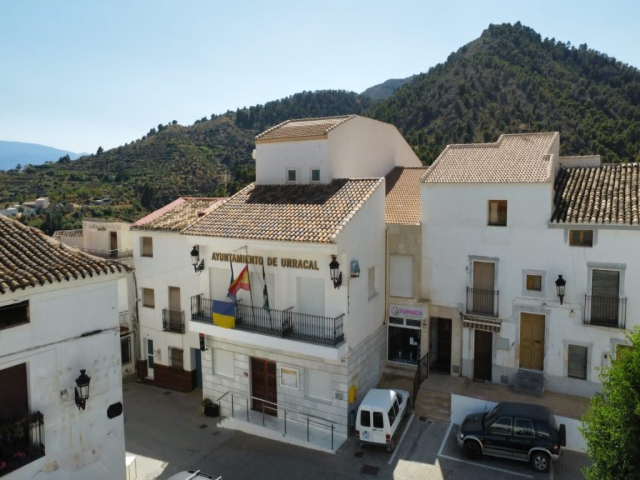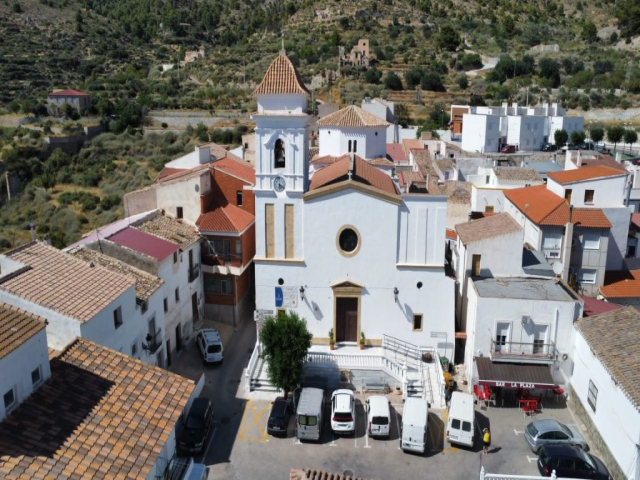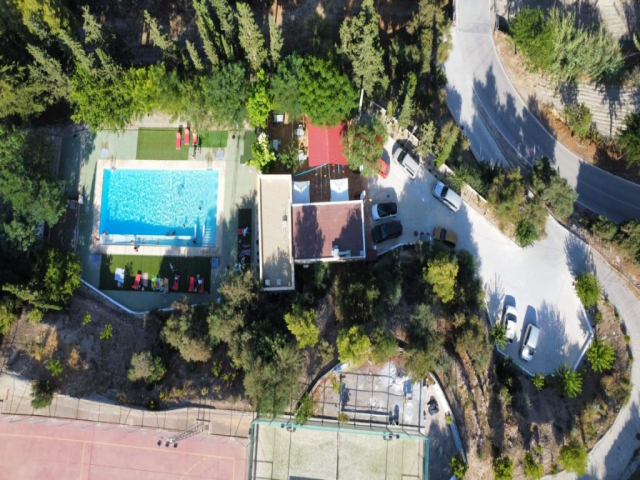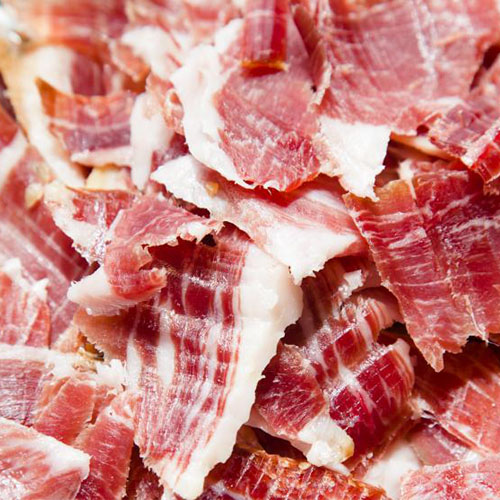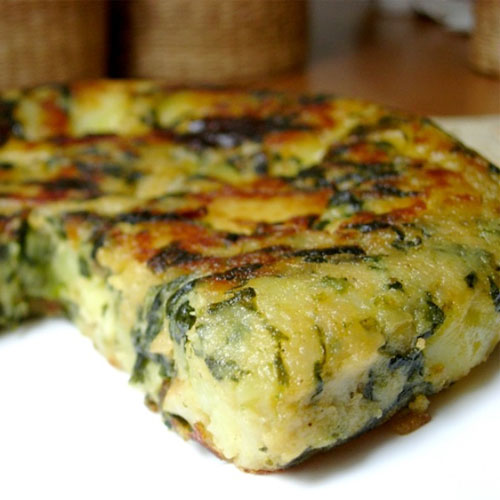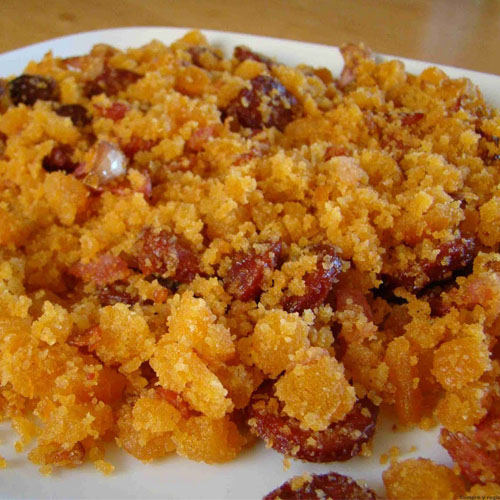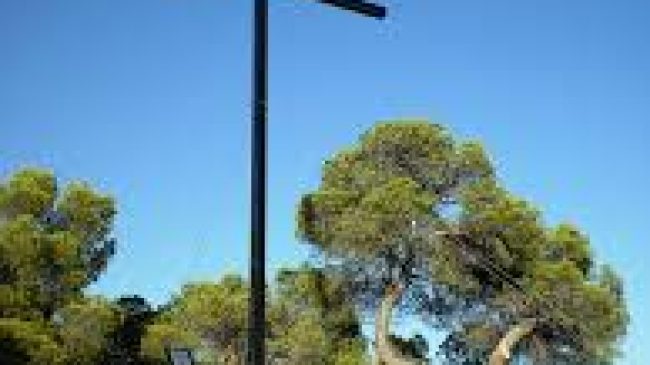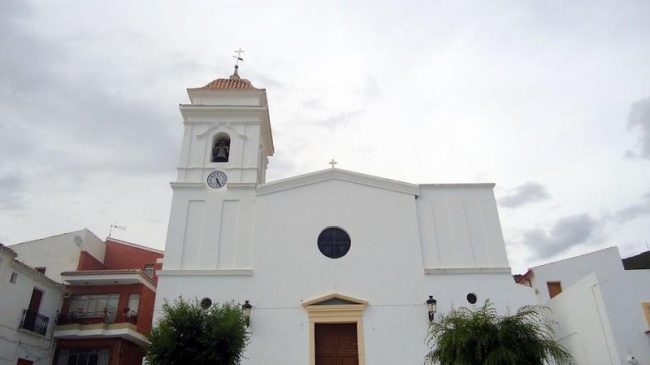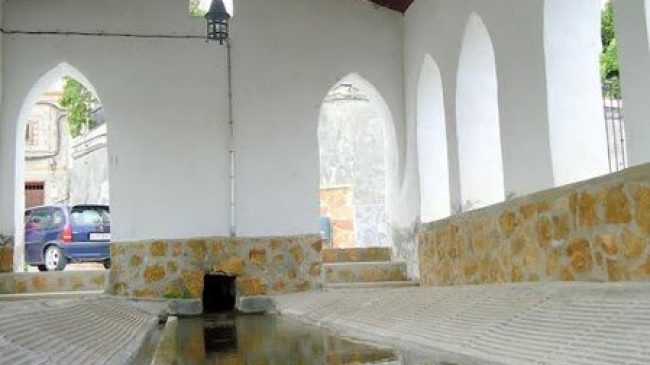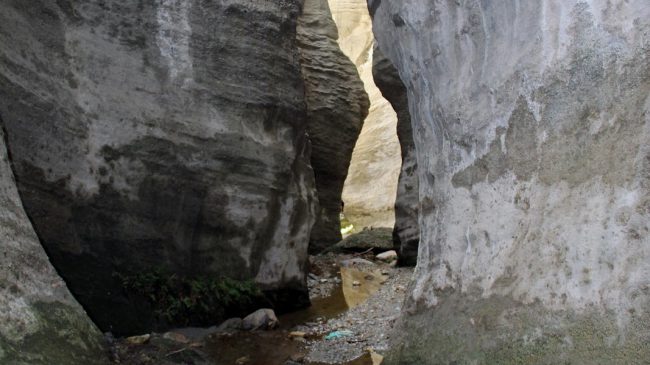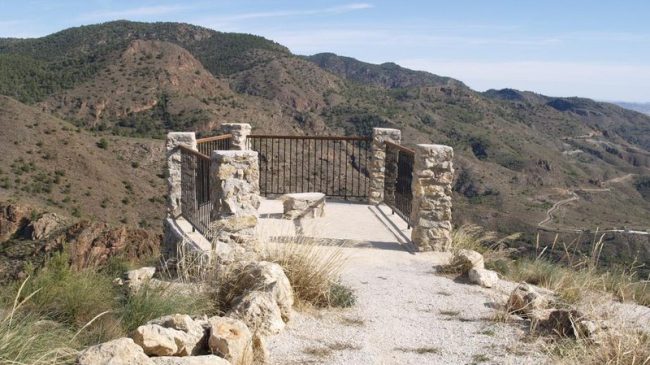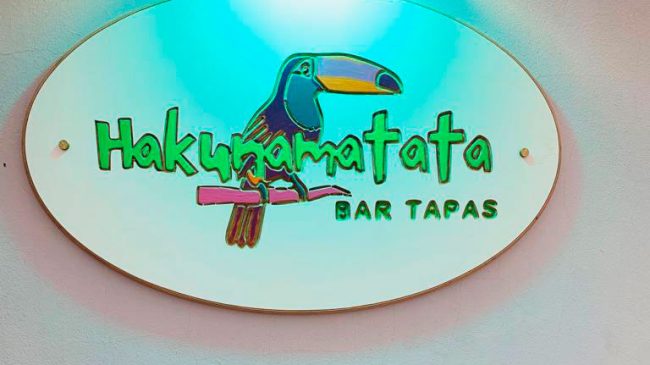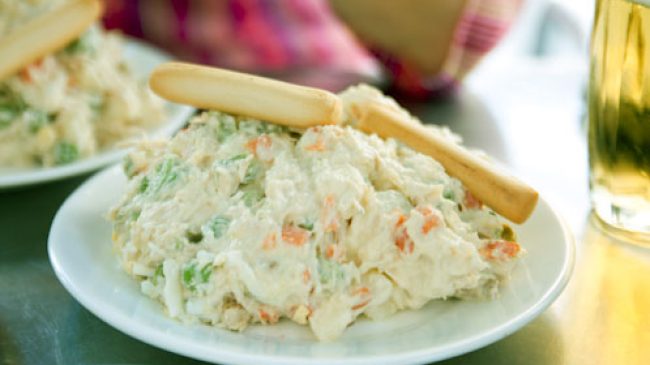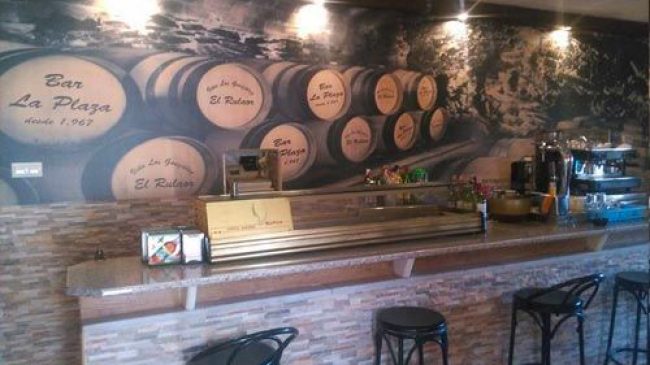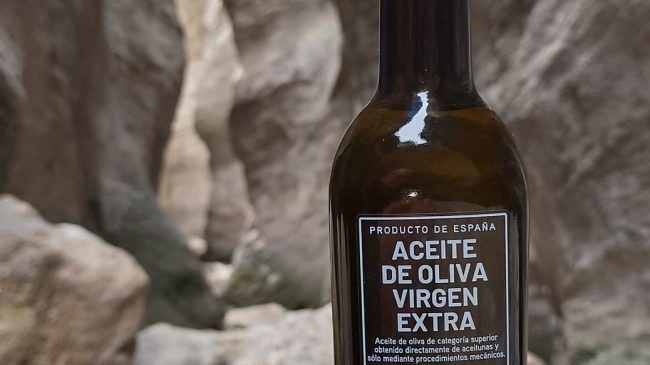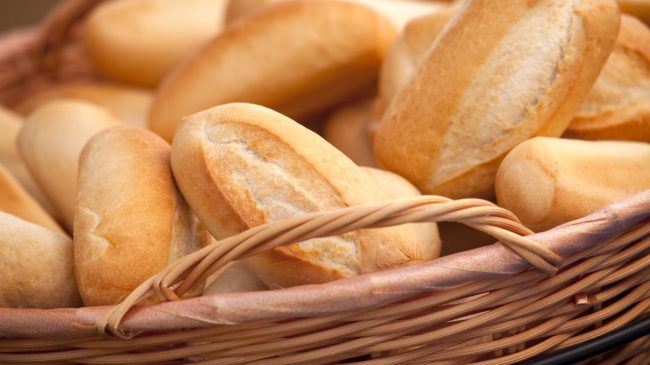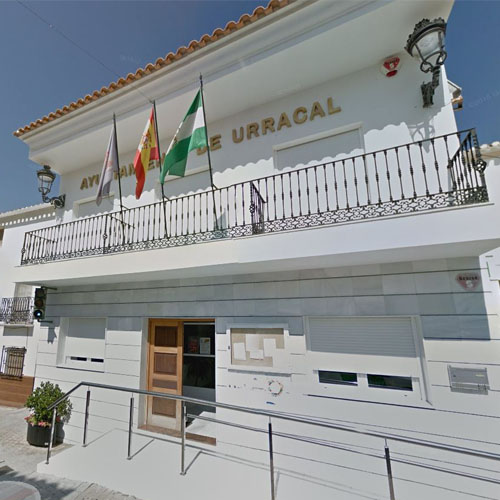INTRODUCTION
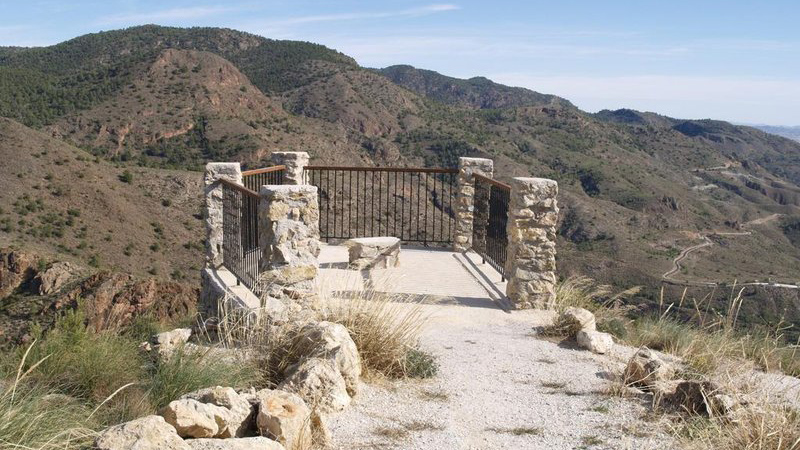 Urrácal is a town from La Sierra de Las Estancias, near the valley in a range of small and harmonious towns that look to the Almanzora River.
Location of the province of Almeria, Andalusia, Spain. In the year 2008 it has approximately 359 inhabitants. Its surface area is 25.23 km² and it has a density of 14.1 hab / km². Its geographical coordinates are 37º 24 ‘N, 2º 22’ O. It is located at an average altitude of 744.4 m, and 114 km from the provincial capital, Almería. It limits with the municipal terms of Purchena, Olula del Río and Somontín. The terrain is hilly, highlighting the hills Talavera (1,241 m.), Los Corzos (1,161 m.) And La Cerrá.
Urrácal is a town from La Sierra de Las Estancias, near the valley in a range of small and harmonious towns that look to the Almanzora River.
Location of the province of Almeria, Andalusia, Spain. In the year 2008 it has approximately 359 inhabitants. Its surface area is 25.23 km² and it has a density of 14.1 hab / km². Its geographical coordinates are 37º 24 ‘N, 2º 22’ O. It is located at an average altitude of 744.4 m, and 114 km from the provincial capital, Almería. It limits with the municipal terms of Purchena, Olula del Río and Somontín. The terrain is hilly, highlighting the hills Talavera (1,241 m.), Los Corzos (1,161 m.) And La Cerrá.Urrácal has an original urban organization, typical Arabic for its settlement and looking in a staggered way the various elevations on which the population sits. The nerve center of the town is the Plaza de la Constitución, where the church, the Town Hall building and the bars of the town are located. Nearly 50 streets of the town branch off the slopes of the mountain, giving the impression of a crowded town. Despite its twisting and steep streets, some of which are difficult to access (for road traffic), the appearance is original, unique, surprising and magical. The white of the facades, the narrowness of the streets and the majesty of the church make us think of a flourishing past. In his time of economic splendor, Urrácal stood out for the quantity of planted olive trees, the good quality cereals, the soft soap factory, which took advantage of the surpluses of the oil mills. Recently came to have two printers, “The Economy” (purchased in 1925 to Francisco Galera de Tabernas by Jiménez Brothers) and “The Accuracy” (when separated from the previous company José Jiménez); the latter has been working with numerous employees until 1985, editing printed matter for all of Spain, as well as brochures and books that can still be found in many libraries in Almeria and other provinces. Currently the land is widely distributed, with numerous owners of small plots and some sharecropping contracts that with time and the abandonment of the dry land are disappearing. The vegetables, legumes, cereals (wheat and barley), potatoes and a good oil of the numerous old centenary olive trees have been the economic base of the municipality, being complemented with the fruit trees, and the goats.
As mayor of Urrácal, it is an honor for me to welcome all those who decide to discover the wonders of our town through this website.
Visiting the municipality of Urrácal is an experience steeped in centuries of history.
All these singularities constitute a surprising mixture able to offer the visitor multiple tourist possibilities, thanks to its important historical-religious legacy, to the quality of its gastronomic offer and to the wide catalog of routes and trails.
I would like this website to encourage everyone to enjoy and get to know our people, wishing them a pleasant stay that will surely make them repeat.
DISCOVER URRÁCAL
HISTORY AND ORIGINS
In 1504 Urrácal received the title of town for its adhesion to the conquest of the kingdom of Granada in the campaign undertaken by the Catholic Monarchs, which ended in Almería in 1489, and the rest in 1492, with the conquest of Granada. In the campaign against the Moriscos, some of those captured on the hill of Purchena were donated by Don Juan de Austria to the artillerymen of the royal army.
With an original urban organization, typical Arab for its settlement and looking in a staggered way the various elevations on which the population sits. The nerve center of the town is the Plaza de la Constitución, where the church and the old Town Hall are located. The almost 50 streets of the town are ramified by the skirts of the mountain, giving the impression of a crowded and variegated town.
In spite of its twisted and steep streets, some of difficult access, the aspect is original, unique, surprising and magical. The white of the facades, the balconies of the forge, the narrowness of the streets, the steep slopes and the majesty of the church make us think of a flourishing past. According to the Distribution Book, “… some houses, there were 129 in total, had vines in the door and sheds, of which there are some, as well as covered steps”.
If at the beginning of the century the population was of 938 inhabitants, in the year 1952 it had already descended to 710 hab .; at present the depopulation is quite pronounced, happening through the 328 inhabitants of the year 1991 and increasing to the 345 of the present time. There are about 200 buildings dedicated to single-family homes and another 20 to other uses, in addition to some farmhouses in disseminated and the Agua Amarga annex to five km. of the town, that got to have 200 inhabitants, 40 houses.
 Emigration has experienced fluctuations throughout the century; if at the beginning of the fifties it was not significant, then it increased negatively, mainly towards Macael, Olula del Río, Catalonia, France and Germany, stabilizing the population in recent years. A mixed school attends to the teaching of the youngest ones, and from the second cycle of Primary they attend the classes of the Purchena School, using the school transport.
Emigration has experienced fluctuations throughout the century; if at the beginning of the fifties it was not significant, then it increased negatively, mainly towards Macael, Olula del Río, Catalonia, France and Germany, stabilizing the population in recent years. A mixed school attends to the teaching of the youngest ones, and from the second cycle of Primary they attend the classes of the Purchena School, using the school transport.
In his time of economic splendor, Urrácal stood out for the quantity of planted olive trees, the good quality cereals, the soft soap factory, which took advantage of the surpluses and turbid of the oil mills, and the “traffic of canvases and cannabis that buy raw and they whiten annually from 14 to 15 thousand varas of said fabrics “.
In more recent times came to have two printers, “The Economy” (purchased in 1925 to Francisco Galera de Tabernas by the brothers Jiménez) and “The Accuracy” (when separated from the previous company José Jiménez).
The latter has been working with numerous employees until 1985, editing printed materials for all of Spain, as well as brochures and books that can still be found in many libraries in Almeria and other provinces.
GASTRONOMY
Gastronomy represents the culture of a people. It is influenced by the climate, the economy, the natural resources of the place, the seasons of the year and the religious festivities.
In Urracal you can taste a wide variety of sausages (morcillas, chorizo, salchichón). The tasty bread crumbs, the cooked black pudding, rice with rabbit and garlic tortilla.
FESTIVITIES AND TRADITIONS
Our patron San Blas (2-3 of February)
Year after year urraqueñas and urraqueños celebrate the days 2, 3 and 4 of the festivities in honor of our employer San Blas. The celebration of the Eucharist together with the procession of our patron through the streets of Urrácal, are fundamental pillars in these festivities. Saint Blaise, bishop and martyr, who, being a Christian, suffered in the days of Emperor Licinius in the city of Sebaste in Armenia (now Sivas, Turkey) (c.320), is known as protector of throat diseases. They say that he was a doctor and emphasize as virtues his humility, patience, devotion, chastity, innocence and charity; in a word, his holiness. He was elected bishop by unanimous acclamation of the local clergy and the people, according to the custom of the time. The external circumstances were extremely difficult then for the persecution of Diocletian and his successors.
It tells the story of his life that the wise and kind bishop Blas took refuge in a cave of Mount Argeo, and from there he maintained contact with his faithful sporadically, consoling them and strengthening them with their example and word. Retired in prayer and penance, he was accompanied by beasts, small and large, who received the blessing of the saint who delivered them from their evils. This is what the soldiers of the prefect Agricola found when they were kicking Mount Argeo in search of beasts for the Roman fiestas in the circus. They led Prisoner Blas through the lands and villages to Sebaste. Filled with kindness, he healed the throat of a young woman who had a bad thorn through her. He was taken to the presence of the prosecutor, judged by a blasphemer to be given the opportunity to save himself from death by the mere fact of spilling a few grains of incense in the pyre lit to the gods. As the bishop firmly resists, they beat him, hang him on a tree, and trace his body with iron grapples without making him desist from his faith. He was finally beheaded.
Summer Parties in Urrácal (Second week of August)
 The Patronal Festivities serve so that the town changes completely and the people throw themselves to enjoy them with joy. On the occasion of the festivities, the population multiplies, as those who had to emigrate and the children of those former neighbors of the town come. Among the acts that are scheduled at these festivals are masses in honor of the patron saint and processions. Because the Patronal Festivities are a tradition fruit of a cultural legacy of historical-religious background. But all are not solemn acts, there is also time for popular festivals, sports activities and traditional games, which are elements that never fail.
The Patronal Festivities serve so that the town changes completely and the people throw themselves to enjoy them with joy. On the occasion of the festivities, the population multiplies, as those who had to emigrate and the children of those former neighbors of the town come. Among the acts that are scheduled at these festivals are masses in honor of the patron saint and processions. Because the Patronal Festivities are a tradition fruit of a cultural legacy of historical-religious background. But all are not solemn acts, there is also time for popular festivals, sports activities and traditional games, which are elements that never fail.
The Burning of Judas
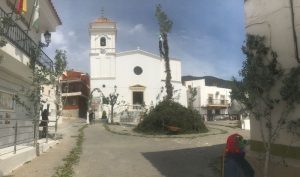 On the evening of Holy Saturday, the young people from Urra meet to go pick up dry weeds to prepare “the burning of Judas” on Resurrection Sunday. Cut a poplar, remove all the branches and move it to the center of the town square, where if we go any day of the year, we will see a chest, a sign that there “plant” the poplar on Saturday of Glory.
On the evening of Holy Saturday, the young people from Urra meet to go pick up dry weeds to prepare “the burning of Judas” on Resurrection Sunday. Cut a poplar, remove all the branches and move it to the center of the town square, where if we go any day of the year, we will see a chest, a sign that there “plant” the poplar on Saturday of Glory.
During the evening, they go “dressing” of rockets and weeds the stick. They make a doll, made with several very long sticks, which is covered with old rags, esparto and other objects, where rockets and firecrackers are placed to make it more spectacular when burned. This doll is placed in the poplar cup and represents “Judas”. At midnight, just after leaving Resurrección mass, it is tradition to go to see a small rocket fire and then encourage and / or help raise the stick. Difficult task, dangerous, attractive the more for the visitor and his villagers. Once the stick is up, applause and joy break. Afterwards, the boys make a hut around the pole, with the branches that they previously removed, and there they will remain all night guarding the stick, until on Sunday morning, after the Eucharistic celebration and the procession through the streets of the town of the Risen Christ, the young people who participate in the elaboration of the “Judas”, spend their hats for the people who wait to see the show, the person who donates the most money, is the one who takes all the firewood used for this event (! securing firewood for the coming winter!). Finally, the branches of the hut are removed and the “Judas” is burned.
Centennial tradition.
ORGANIZE YOUR TRIP
WHAT TO SEE
What to do in Urrácal
If you are thinking of taking a different trip to discover beautiful places and charming towns that are not usually well known, a getaway to Urrácal is an excellent option. Our town has many options to make and we recommend the ones that are sure to be of your interest.
WHERE TO EAT
SHOPPING
DATA
Town Hall of Urrácal
Address: Plaza de la Constitución, 1, 04879 Urrácal, Almería
Contact: 950 42 44 14
Web: http://www.urracal.es/

